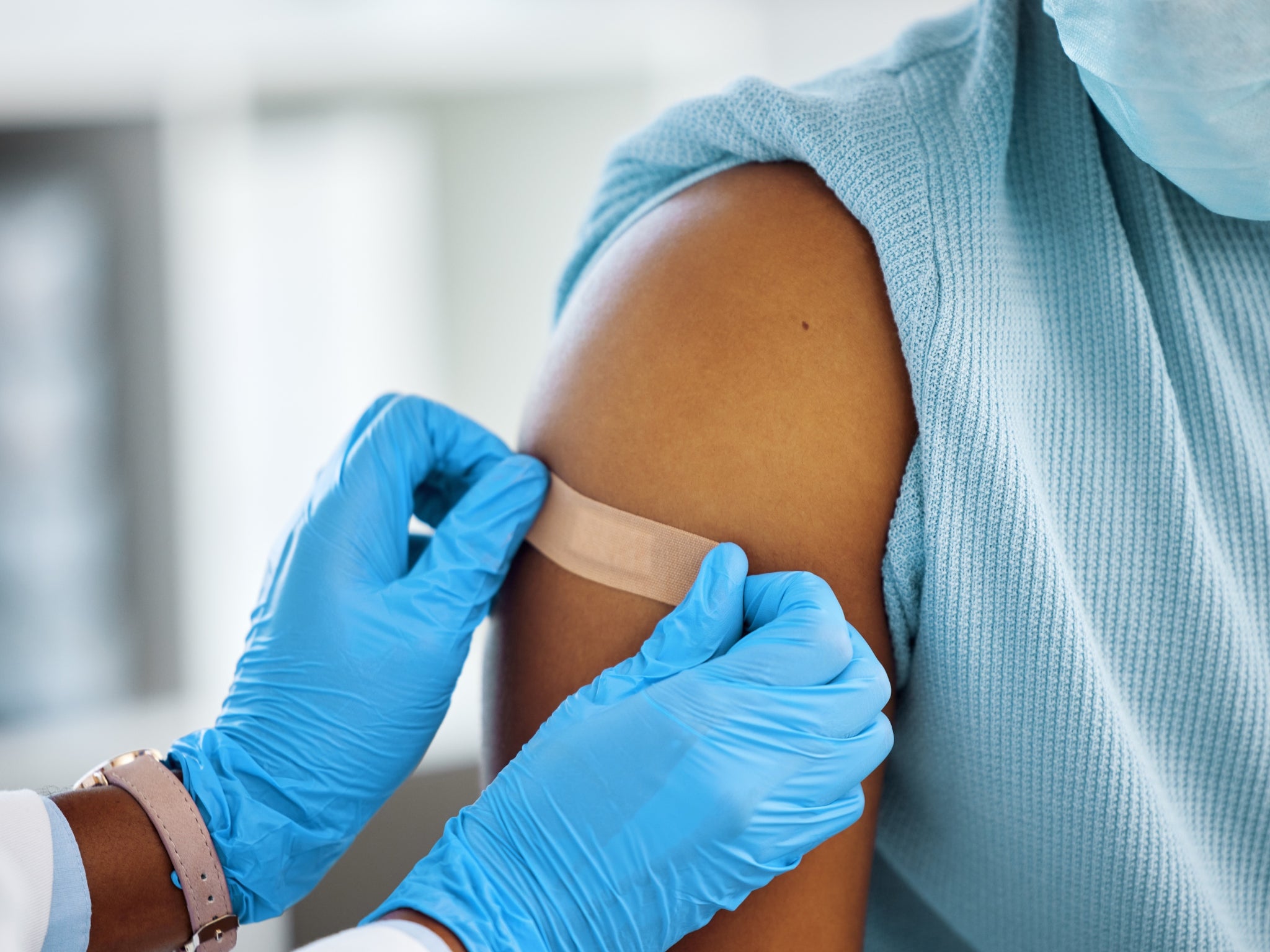11 biggest misconceptions about HPV
17-23 January marks Cervical Cancer Prevention Week 2022

Cancer Research UK predicts there are around 3,200 new cervical cancer diagnoses in the UK every year. It is the 14th most common cancer among women.
The majority of cases of cervical cancer are caused by Human papillomavirus (HPV) – a group of viruses that are spread during sexual activity, some of which do not cause any noticeable symptoms, the NHS explains.
Due to the way in which HPV is spread, some believe that it is similar to other sexually transmitted infections.
However, considering the fact that most women are likely to get HPV at some point in their lives and that it cannot be fully prevented, this isn’t necessarily the case.
In November 2021, a study found that the HPV vaccine cuts cervical cancer by almost 90 per cent.
Rebecca Shoosmith, head of support services at Jo’s Cervical Cancer Trust, has spoken with The Independent to help dispel 11 of the biggest misconceptions that continue to perpetuate conversations about HPV.
1. Only women get HPV
While cervical cancer is seen as a cancer that affects women, as it can afflict any person with a cervix, HPV can affect anybody.
The majority people are likely to contract HPV in their lifetime if they are sexually active "regardless of gender", Ms Shoosmith explains.
“HPV doesn’t discriminate!” she adds.
2. HPV is rare
Because HPV is known as the primary cause of cervical cancer, this may lead to the assumption that it is only contracted by a small number of people.
“HPV is actually really common with around four in five of us getting it at some point,” Ms Shoosmith says.
3. HPV is an STI
While HPV is typically transmitted through sexual contact, Jo’s Cervical Cancer Trust is trying to encourage people not to call it a sexually transmitted infection.
“Unlike many STIs, it can’t be fully prevented nor can it be treated,” Ms Shoosmith explains.
“Also due to how common it is, it is really unhelpful to call it an STI. It’s much more rare to not get HPV.”
4. Having HPV means you will definitely be diagnosed with cervical cancer
“Having HPV does not at all mean you will be diagnosed with cancer,” Ms Shoosmith states.
“HPV infections are really common and cervical cancer is rare.”
The Jo’s Cervical Cancer Trust representative outlines that the human body typically clears itself of the HPV infection “without it doing the body any harm”.
“In some cases it can cause cells to change, which is why smear tests are so important as they mean any changes can be picked up.”
5. HPV is curable
Ms Shoosmith emphasises that while HPV cannot be fully treated, the majority of cases of the infection – nine in 10 – are cleared by the body’s immune system.
She adds that treatment can be provided for cells that have changed due to HPV.
6. An HPV vaccination isn’t safe
“The HPV vaccine is very safe and extremely effective,” Ms Shoosmith affirms.
“It protects against seven out of 10 cases of cervical cancer, so combined with cervical screening it offers a fantastic degree of protection.”
7. If someone’s partner has HPV, this means they have cheated
While HPV can be transmitted through sexual activity, it can live undetected in the body for around two decades.
This means it can be extremely difficult to pinpoint exactly when a person contracted it.
“Having HPV is no sign that someone has cheated at all,” Ms Shoosmith says.
8. People who use condoms are not at risk of contracting HPV
While wearing a barrier-form of contraception such as a condom can reduce a person’s risk of getting HPV, it is not a 100 per cent foolproof preventative measure.
“As HPV lives on the skin, condoms won’t fully protect against it,” Ms Shoosmith explains.
“Other sexual contact like touching or oral sex can pass HPV on too.”
9. If you don’t have sex, you won’t contract HPV
As HPV lives on the skin, it is not only spread through penetrative sex.
It can pass from person to person through other forms of sexual activity, Ms Shoosmith outlines.
“If you’ve ever had any kind of sexual contact – that includes oral sex, any touching of genitals or sharing sex toys – you could have come into contact with HPV.”
10. There are HPV screenings for men
While there are currently no HPV screenings for men, boys are now being offered the HPV vaccine in schools, Ms Shoosmith states.
In July 2019, it was announced that boys in the UK were to be offered the jab for the first time in a bid to reduce cancer rates.
11. People with HPV always exhibit symptoms
“There are no symptoms of HPV and most people who have it will never actually know that they have it,” Ms Shoosmith explains.
“Some HPV types can cause genital warts, but these are not the same types of HPV which are linked to cervical cancer, so if you’ve had genital warts your risk of cervical cancer does not increase.”
You can contact the Jo’s Cervical Cancer Trust free helpline on 0808 802 8000. Click here to check the helpline opening times.
Join our commenting forum
Join thought-provoking conversations, follow other Independent readers and see their replies
Comments
Bookmark popover
Removed from bookmarks